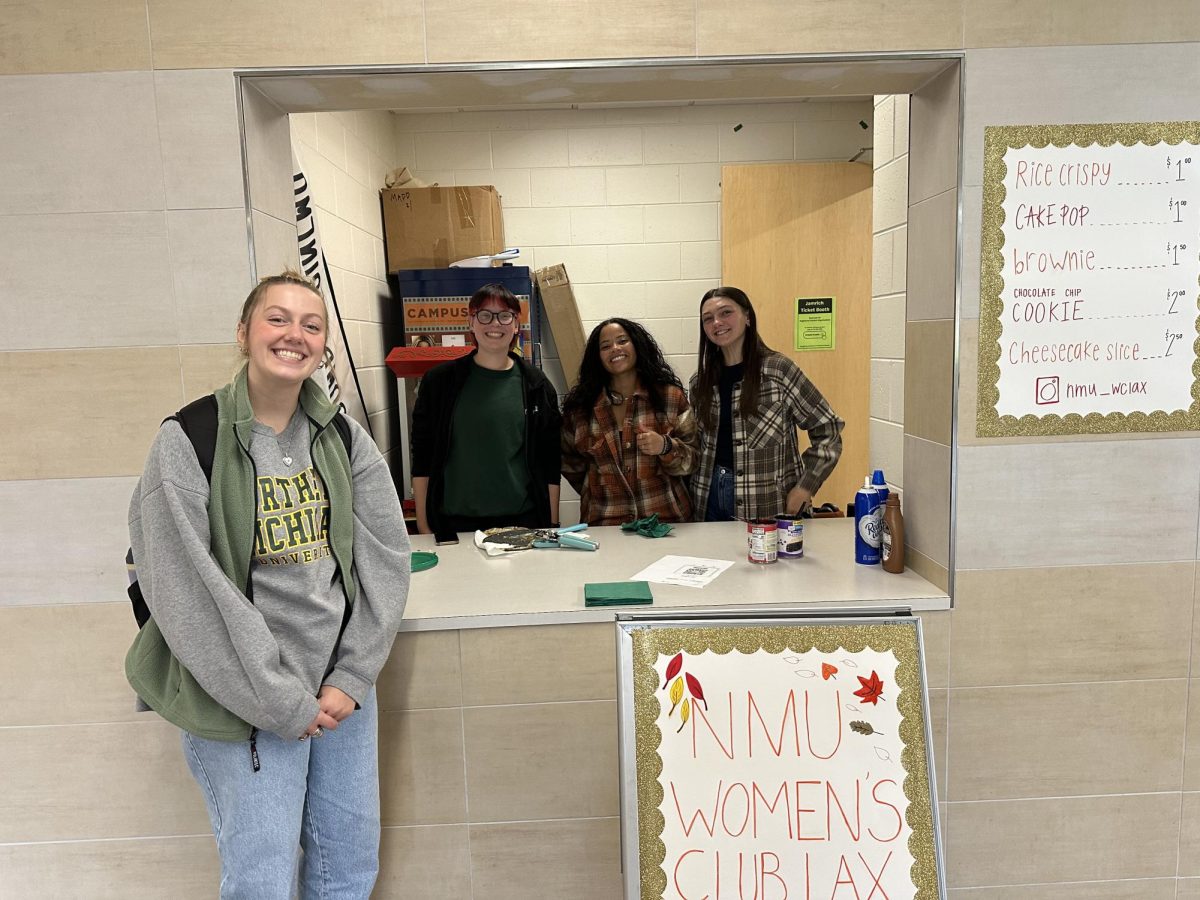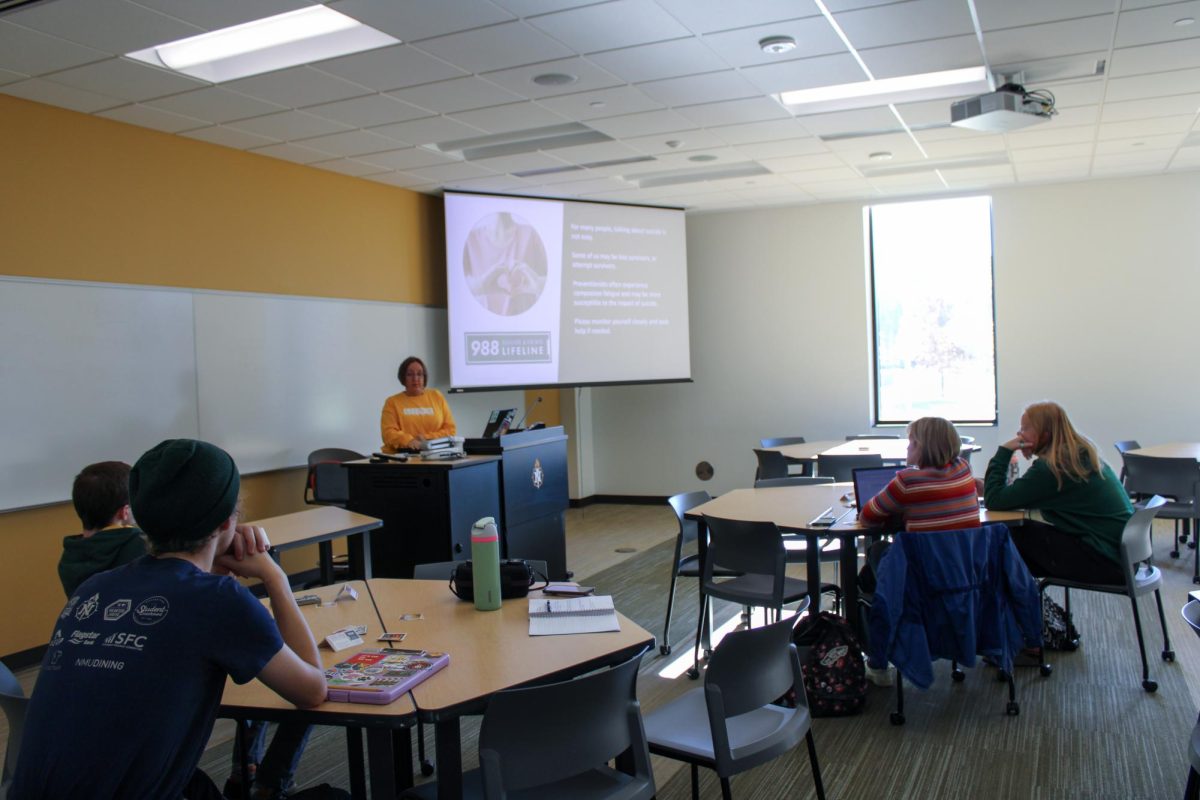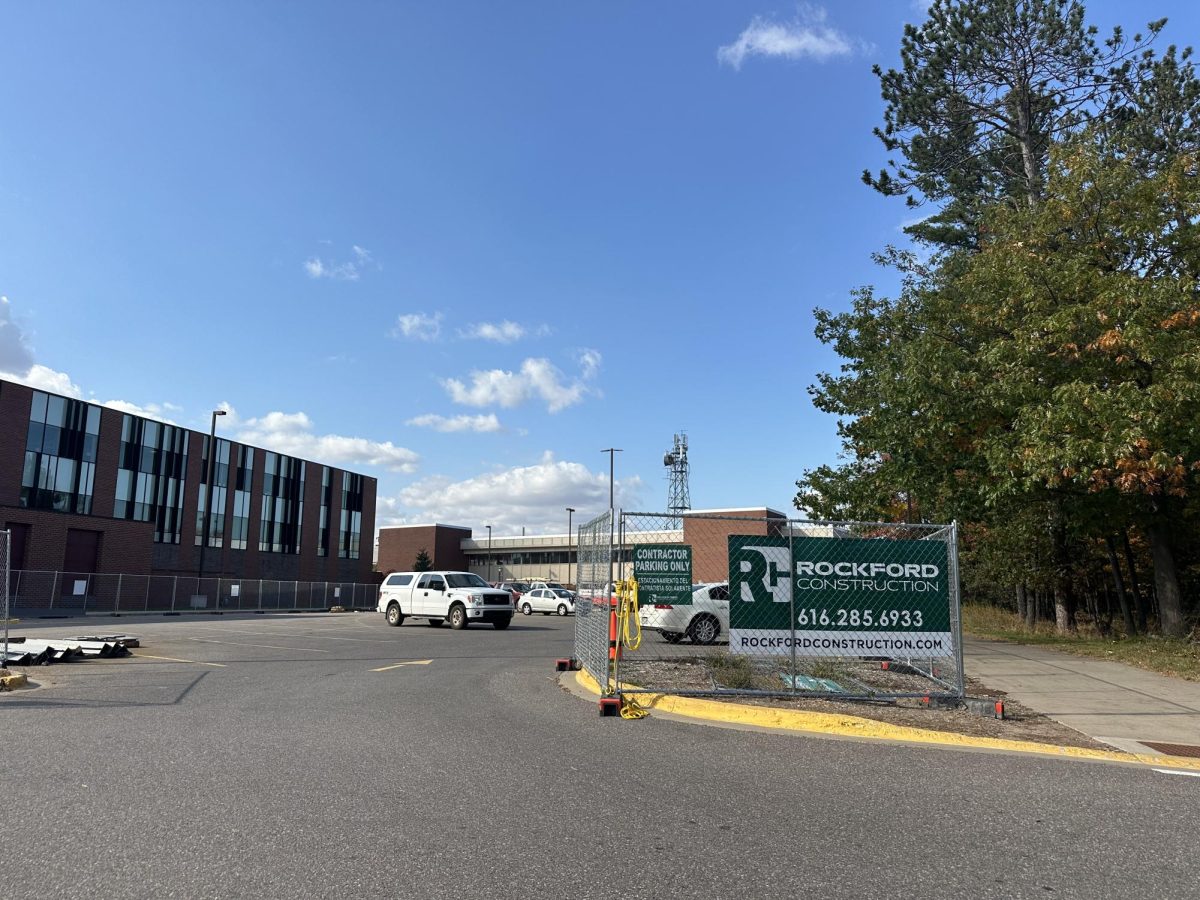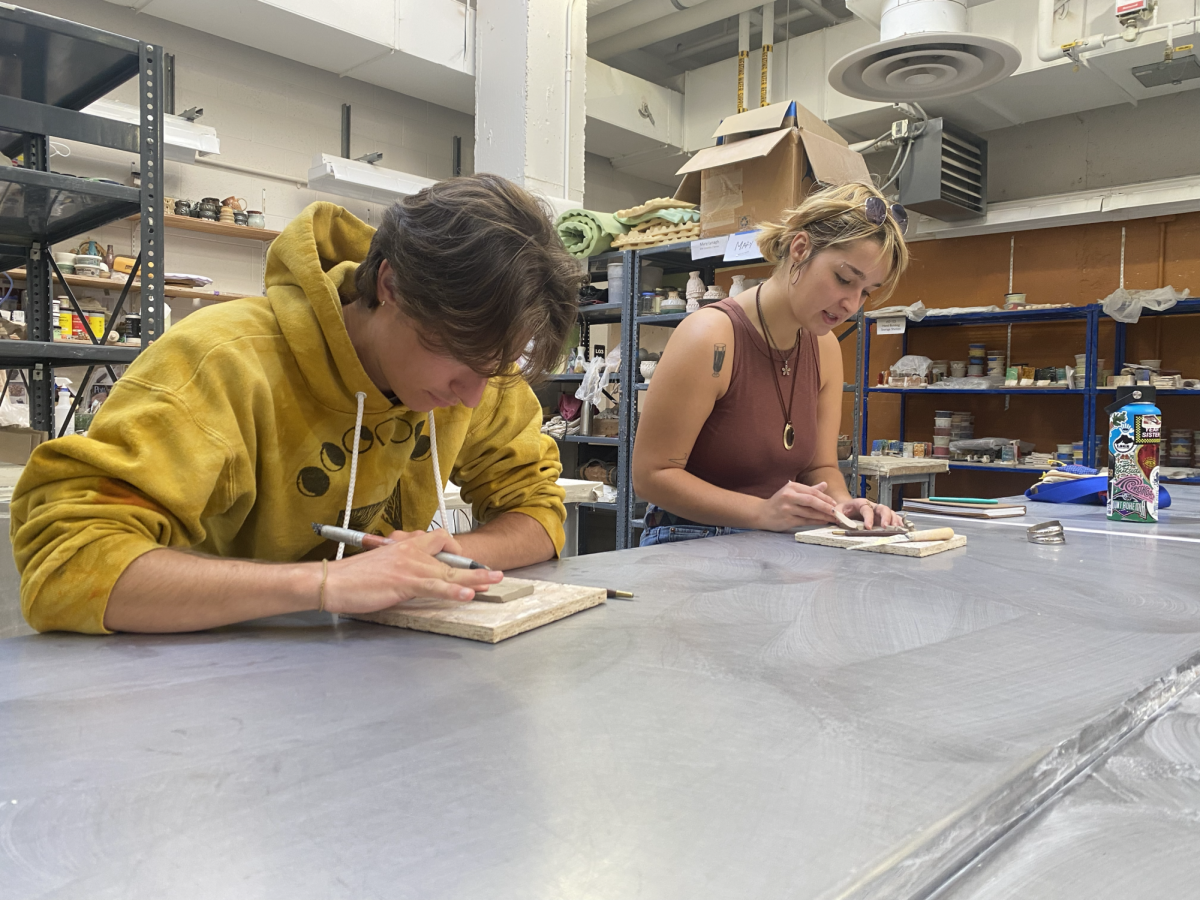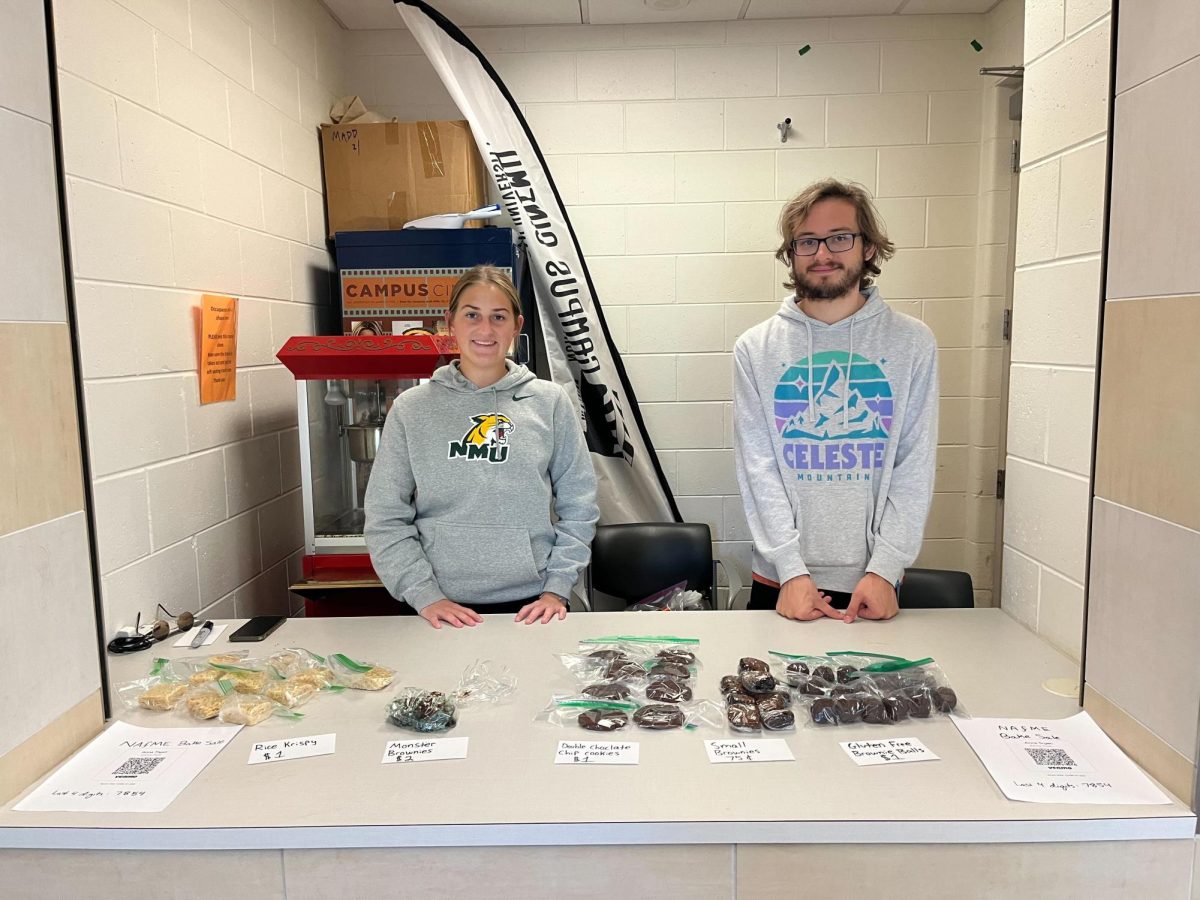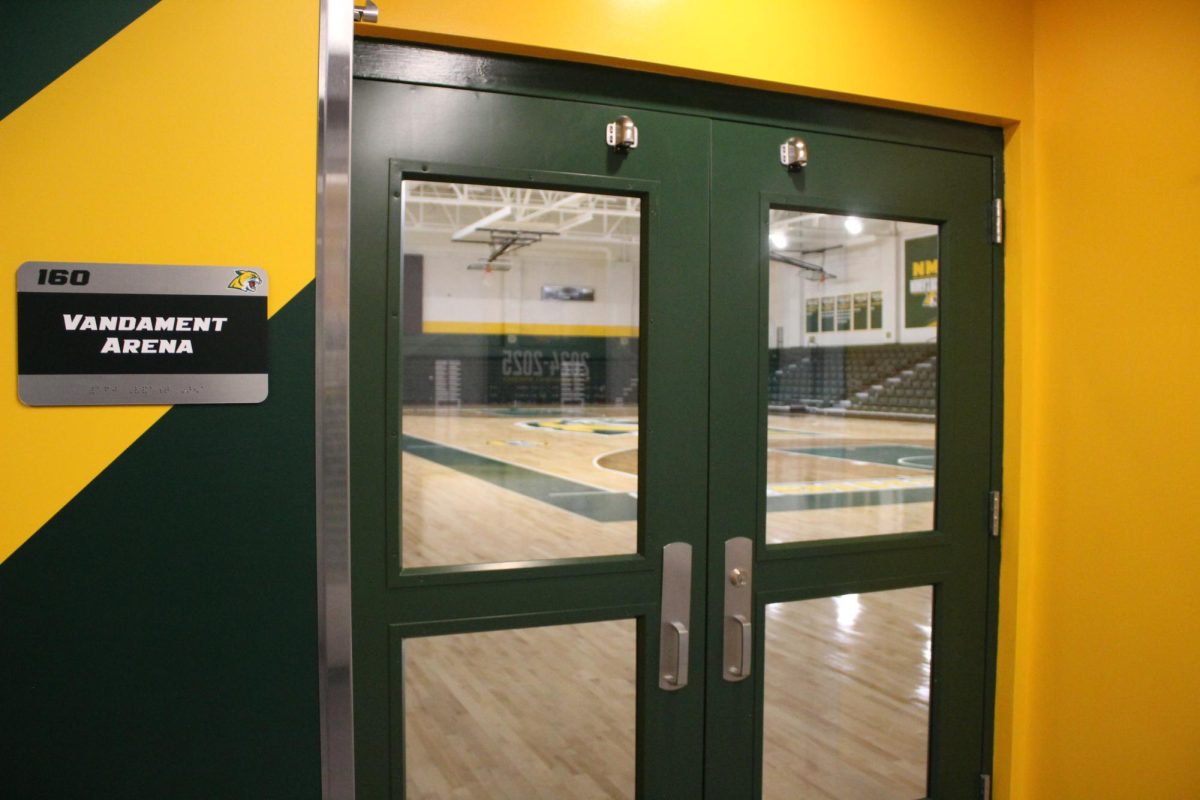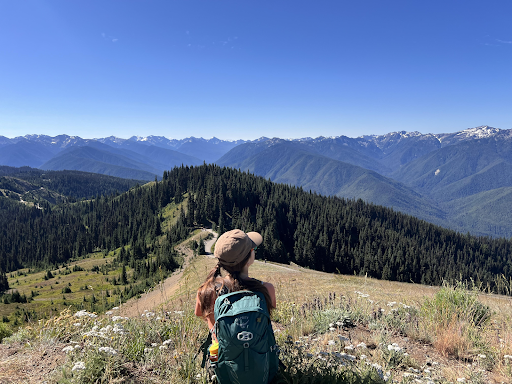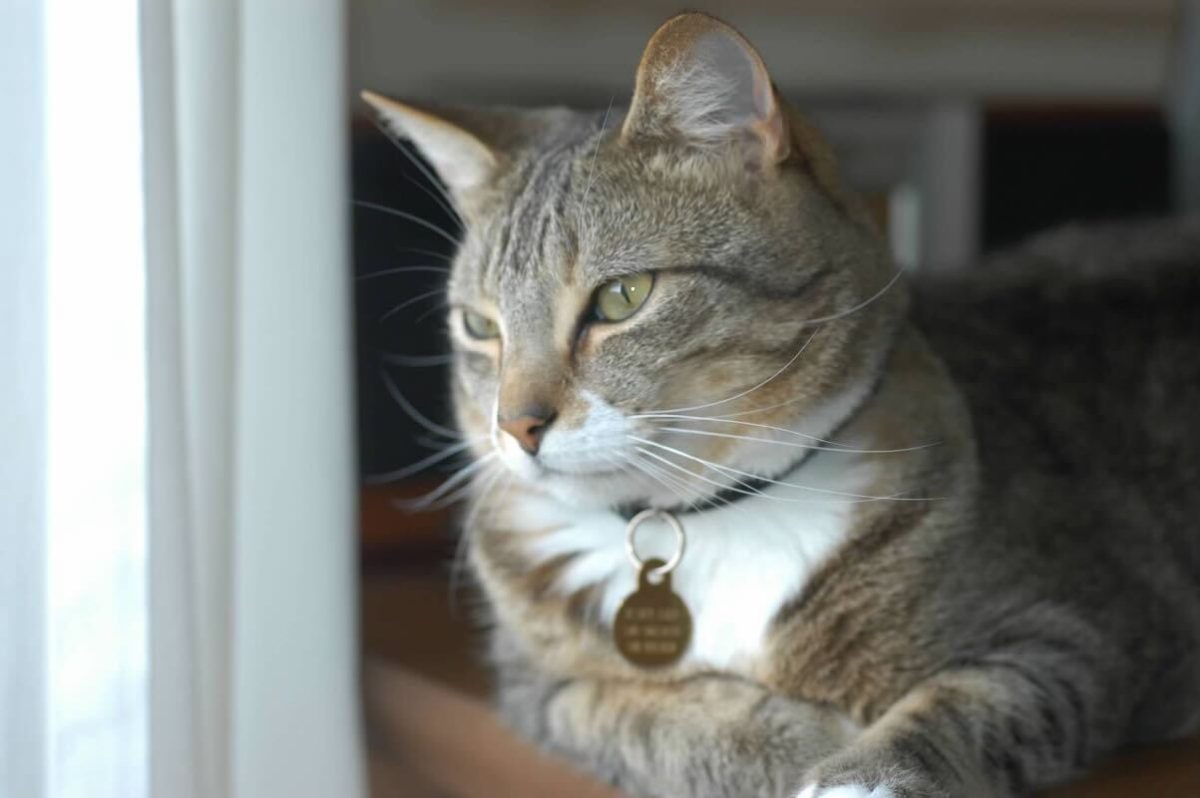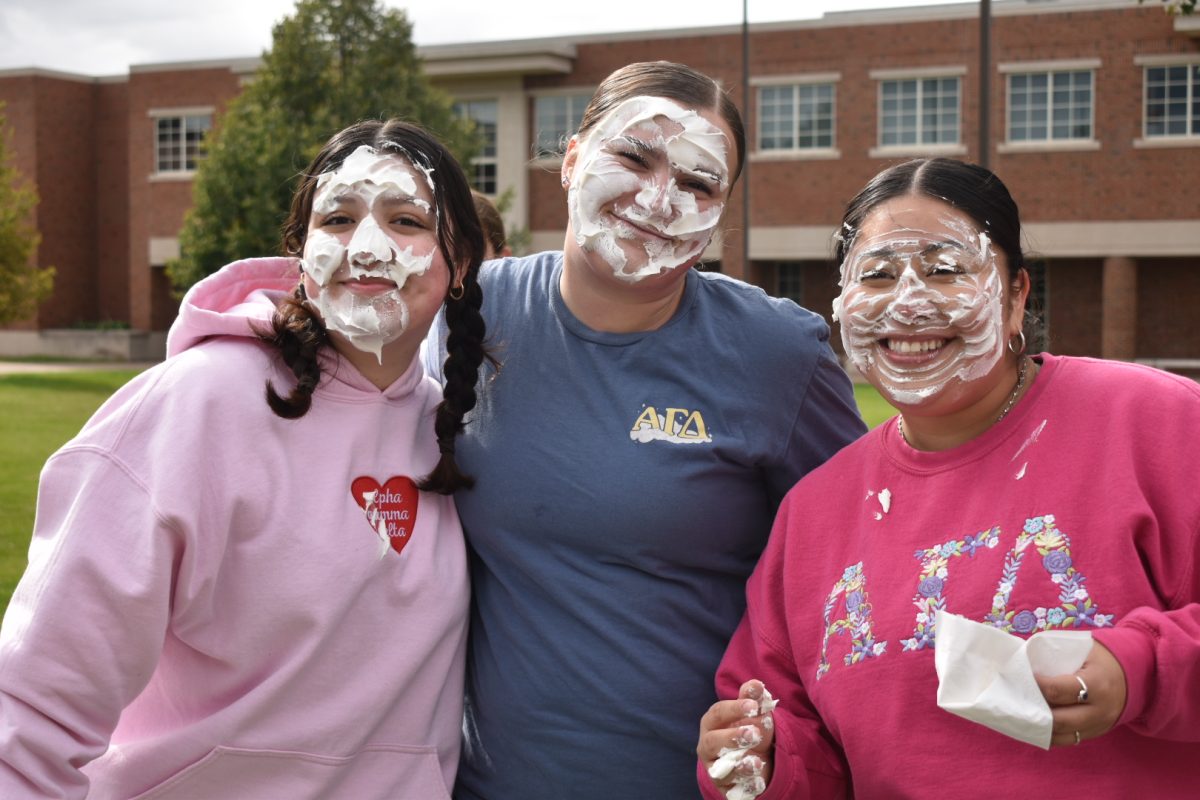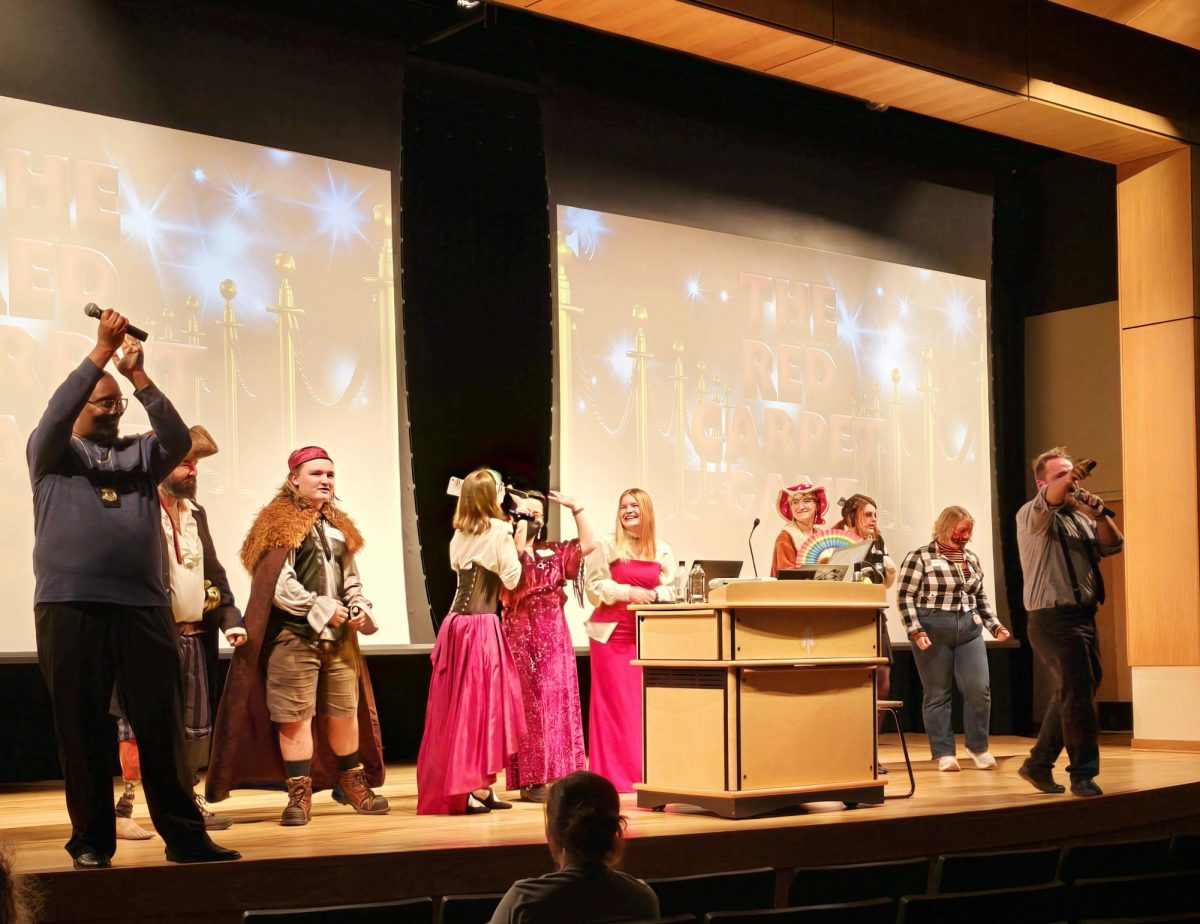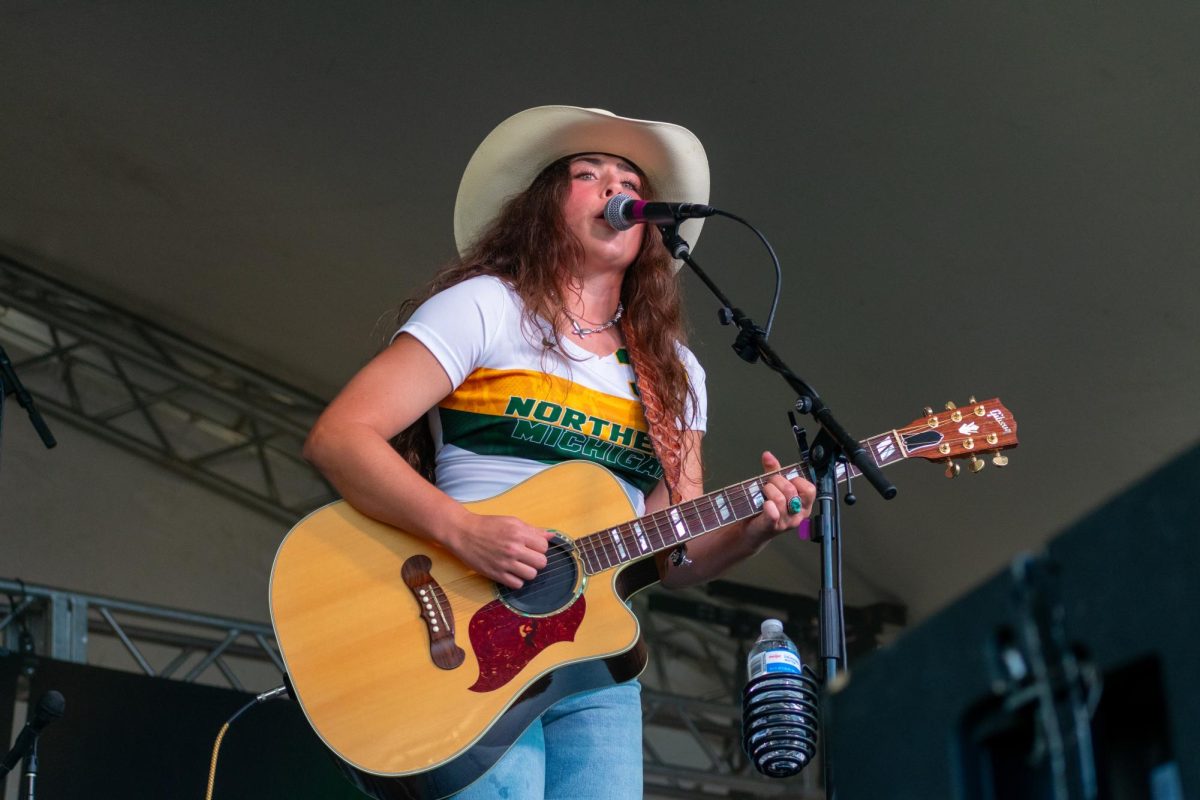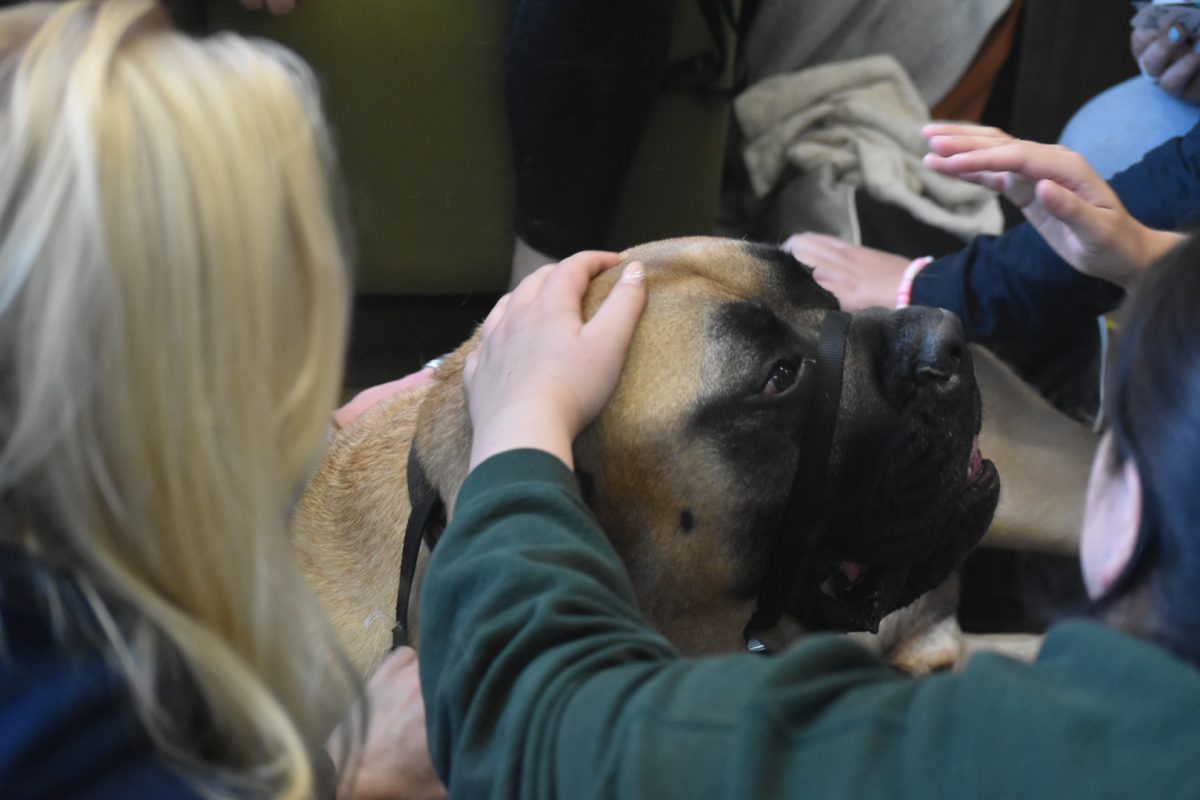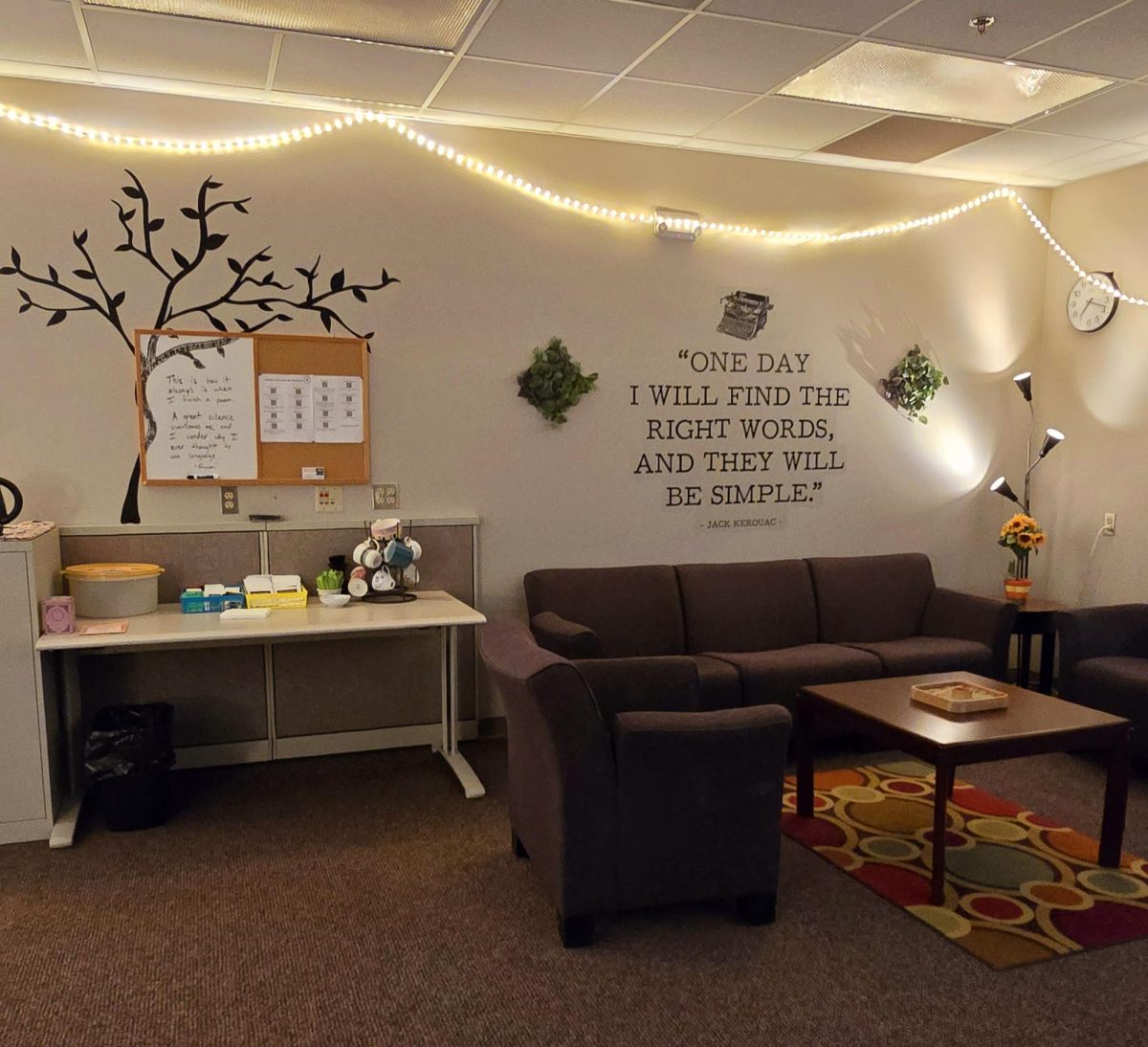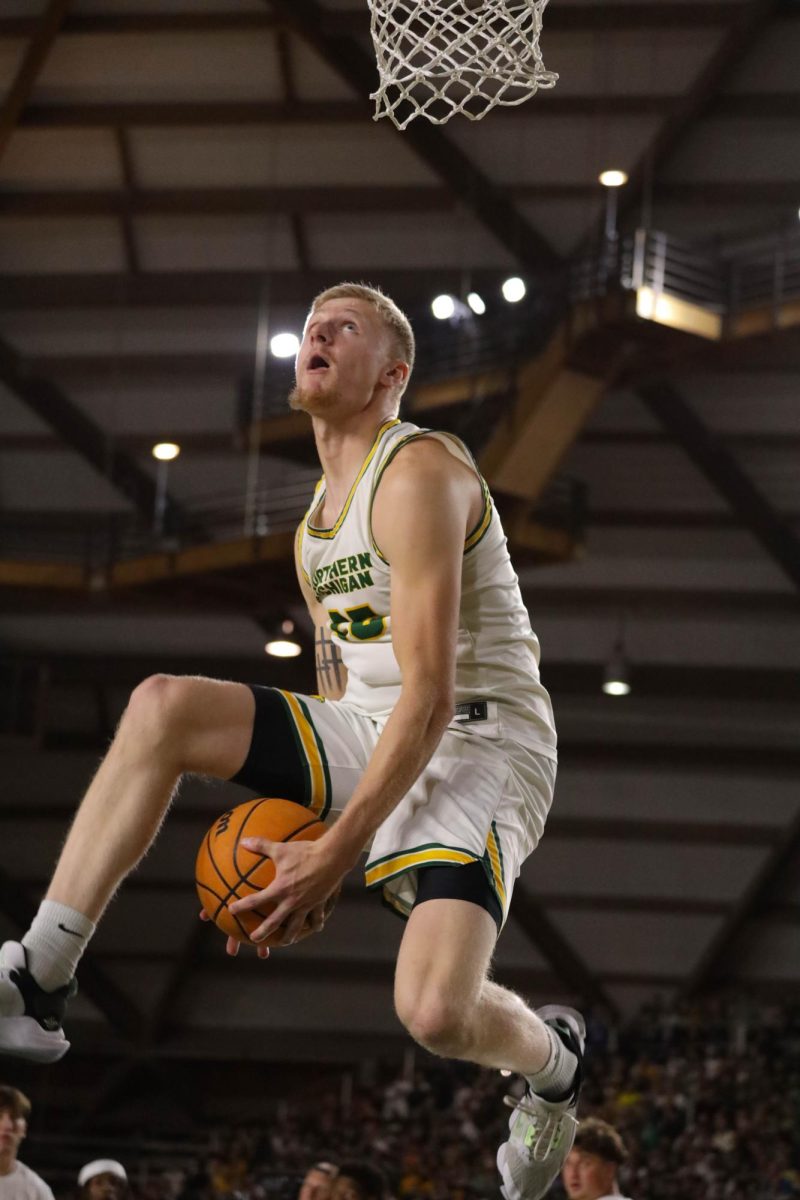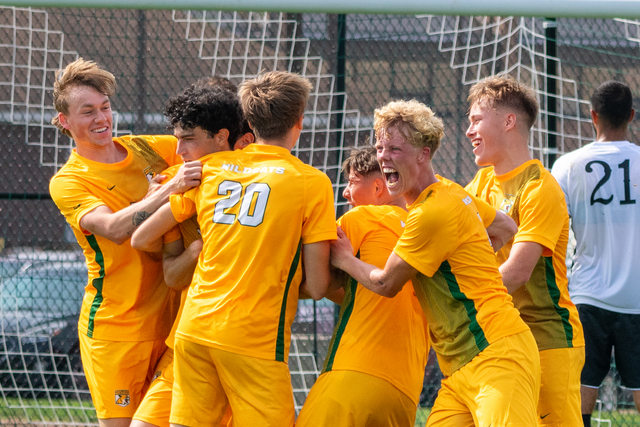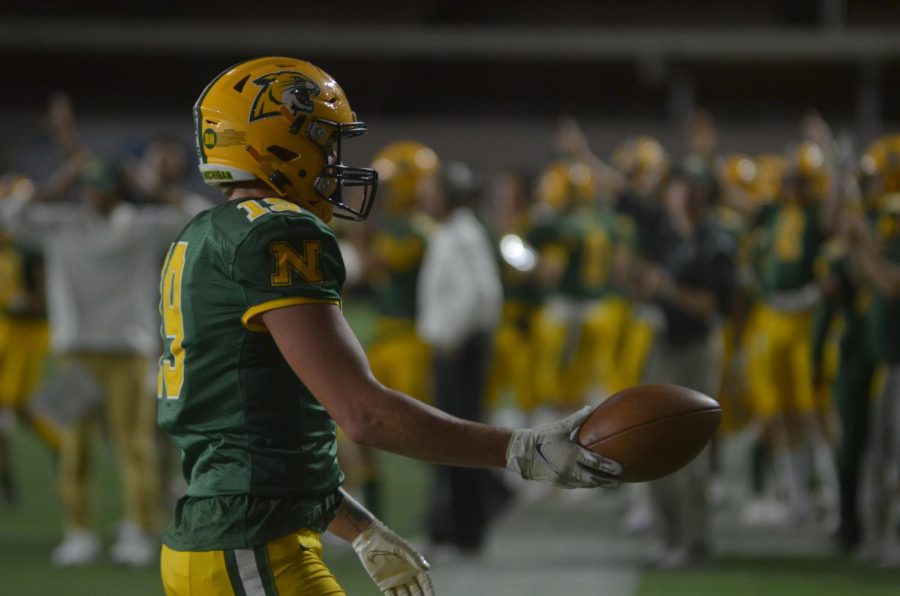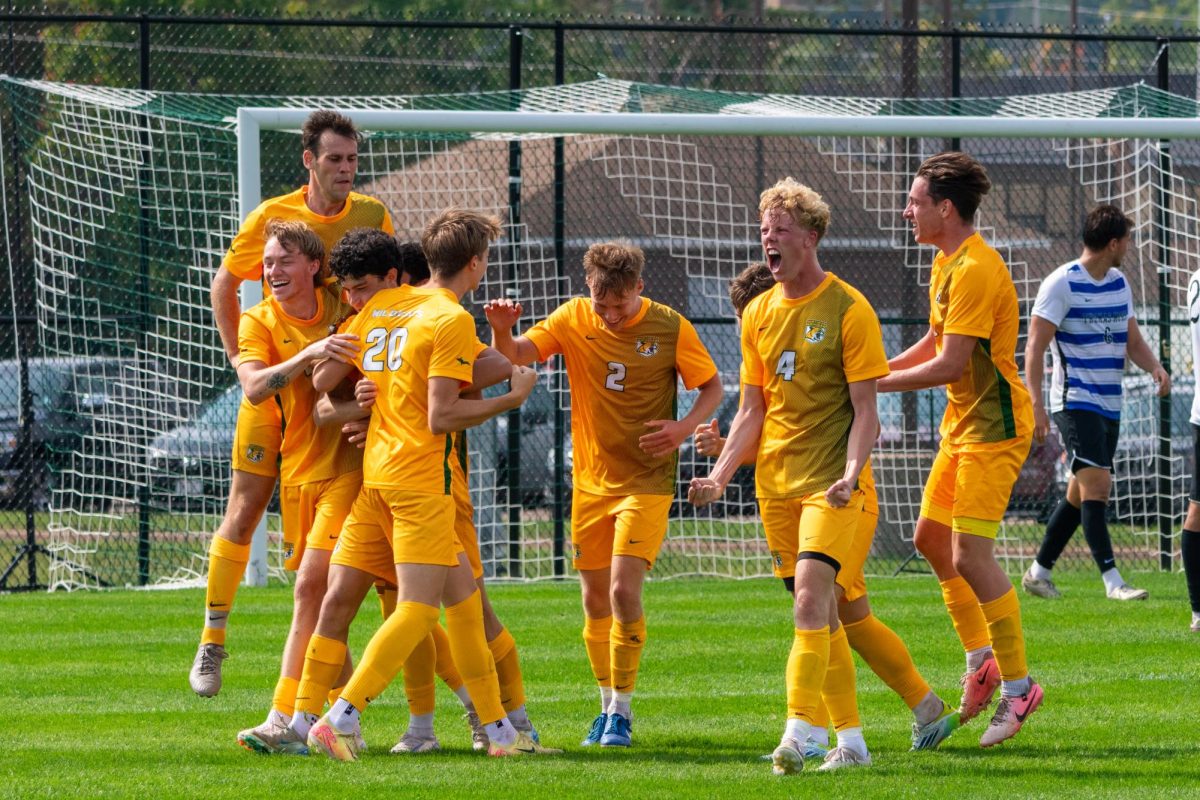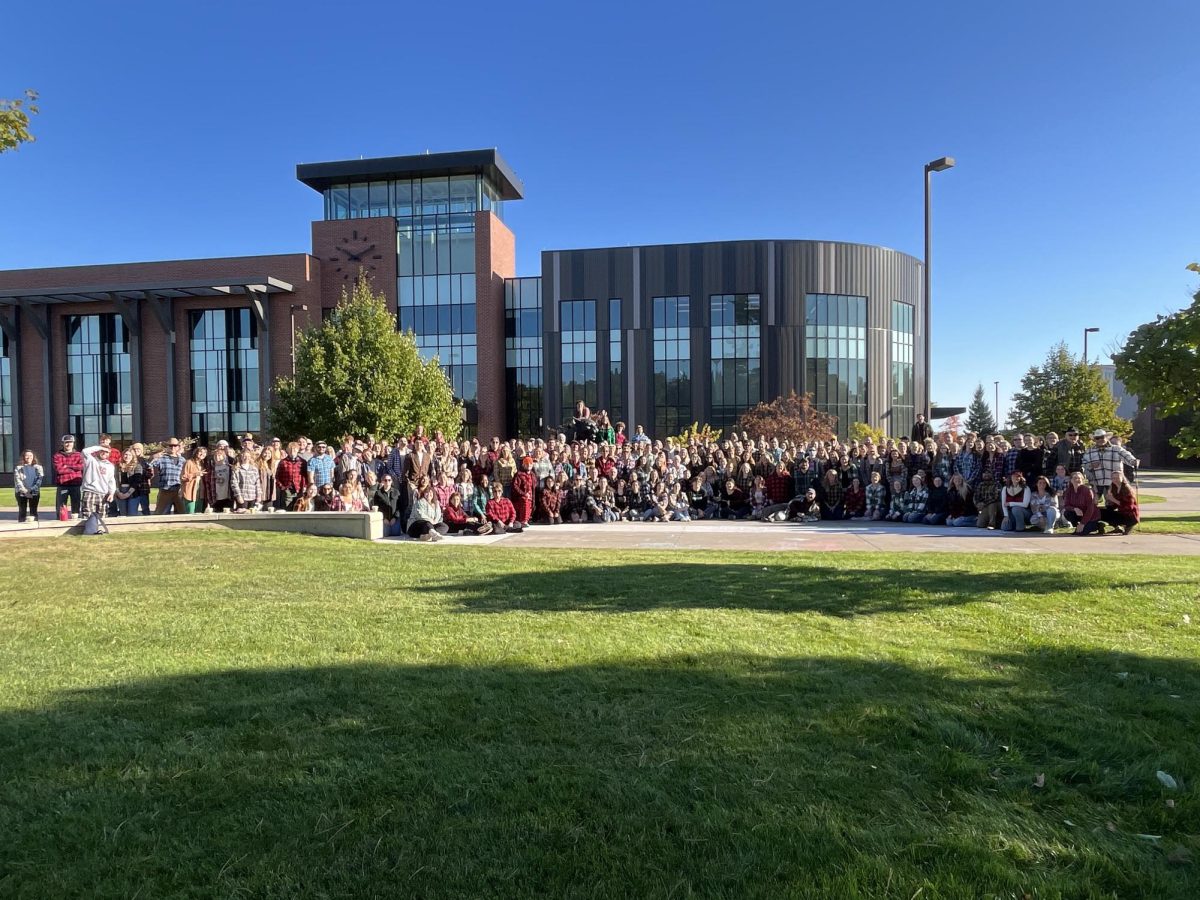Adding a bylaw to the Academic Senate bylaws that would either increase or decrease regulations regarding photography or audio and video recording of meetings was debated at length during Tuesday afternoon’s Academic Senate meeting.
Four options were proposed for the new side bylaw titled article 616.
The first option was requiring still photography, video, audio recording or broadcast of the senate meetings to have a two-third majority vote of the full members of the senate. The request to the board must be submitted to the senate executive committee prior to the senate meeting so the vote can be placed on the senate meeting agenda.
Second, still photography, video, audio recording or broadcast of the senate meeting require a two-thirds majority vote of full members of the senate.
Third, the senate shall make recordings of senate deliberations, archive those recordings indefinitely and make those recordings available to any member of the senate.
Fourth, take no action to amend bylaws. Option four was passed with over two-thirds of voting members of the senate’s approval by the end of the meeting. However, members of the senate debated over what option four implied and how this proceeding would affect the response to situations involving photography and recording of meetings. The discussion focused mainly on whether Academic Senate meetings are considered open or closed.
Head of the AAUP and biology professor Brent Graves outlined where an Academic Senate stands in regard to the Open Meetings Act after communicating with lawyers for clarification.
“Our understanding is that the Open Meetings Act does not apply to the senate,” Graves said. “The contract says that guests may attend senate by invitation. In Michigan people cannot surreptitiously record private conversations, but this is clearly not a private conversation.”
Graves continued to explain that there is no law prohibiting recording.
“The only issue therefore would come down to who is a guest and when is someone made a guest or not made a guest,” he said.
The senate uses Standard Code of Parliamentary procedures by Allan Sturgis to determine how a meeting is conducted.
Students and professors attended the meeting to support the Native American Studies Association and ASNMU. These groups saw the proposed bylaw against recording and photography as a response to the Academic Senate Meeting back in early February that passed the Indigenous People’s Day resolution.
During the February meeting professor Leora Lancaster was asked by head of the Academic Senate Rachel Nye to stop recording a video. The proposal had been brought to the senate before and Nye believed that Lancaster recording was an action purposely meant to embarrass the Academic Senate.
This led Nye to make a motion to take the Indigenous People’s Day proposal off of the table entirely. However, two-thirds of the senate overrode her motion and in the end the proposal passed.
Graves explained that, if the senate follows Sturgis, the chair could motion to not allow someone to record but could also be overridden if two-thirds of the senate voted against the motion.
After the motion passed head of the political science department Carter Wilson expressed his desire to make the Academic Senate meetings open in future deliberations.
“This is the center of power and the doors should always be open to students, and the doors should always be open to the press,” Wilson said. “Once you close your doors to students and the press you’re inviting problems.”
Chair of assembly for ASNMU Jeulani Gahiji was one of the members presenting the Indigenous People’s Day resolution. Gahiji said she wanted the senate to admit that the bylaw proposal was in reaction to this event.
“I wanted them to acknowledge the fact that they brought this up because of what happened at the Indigenous People’s Day resolution but that won’t happen. I’ve accepted that,” Gahiji said.

